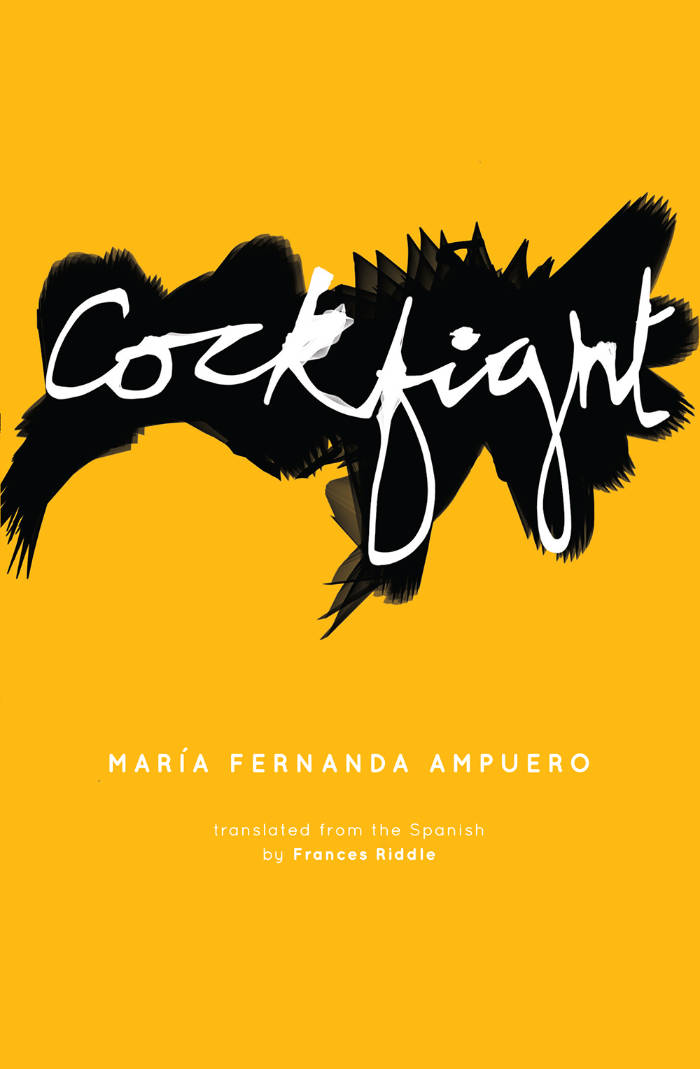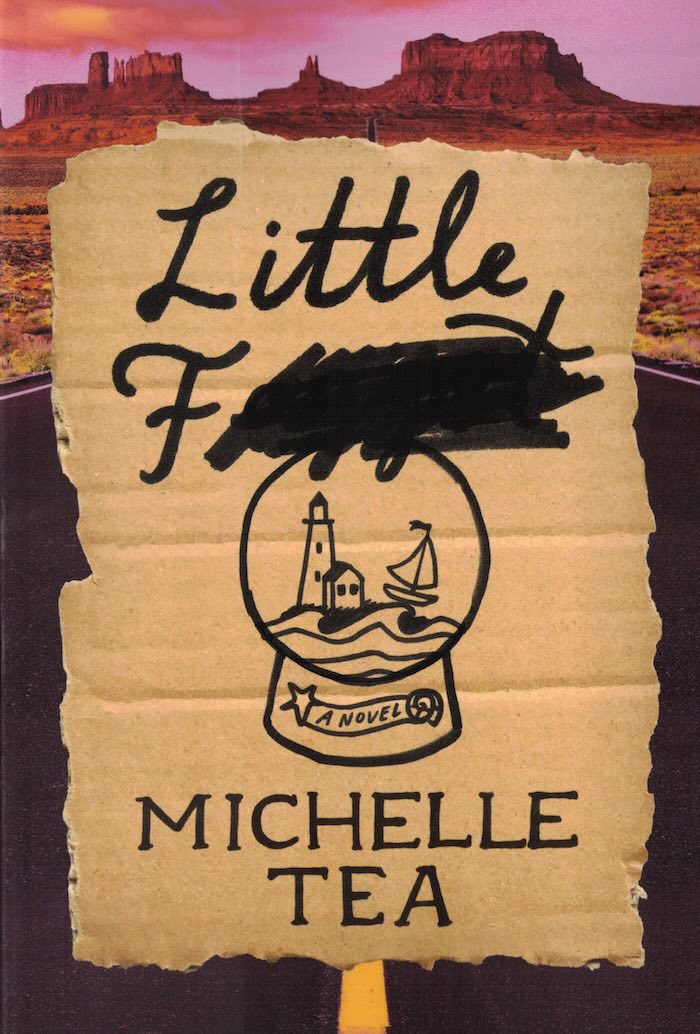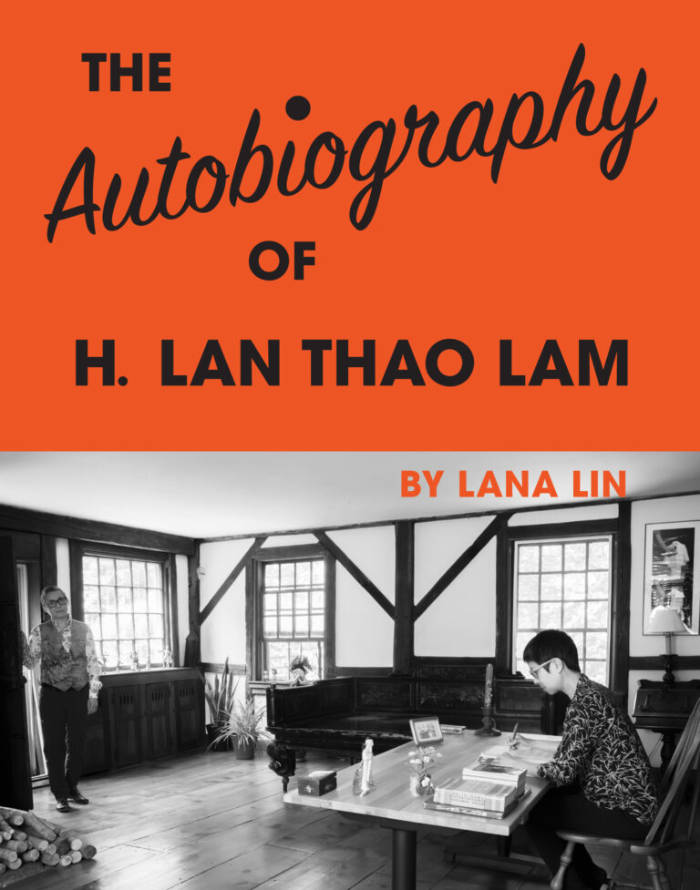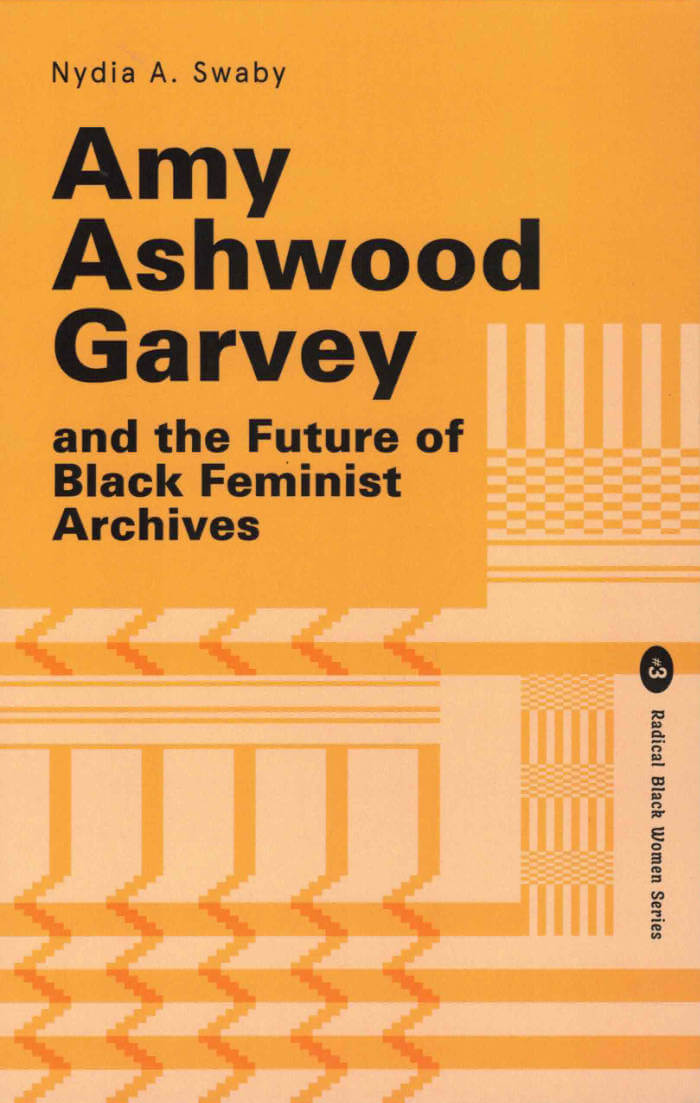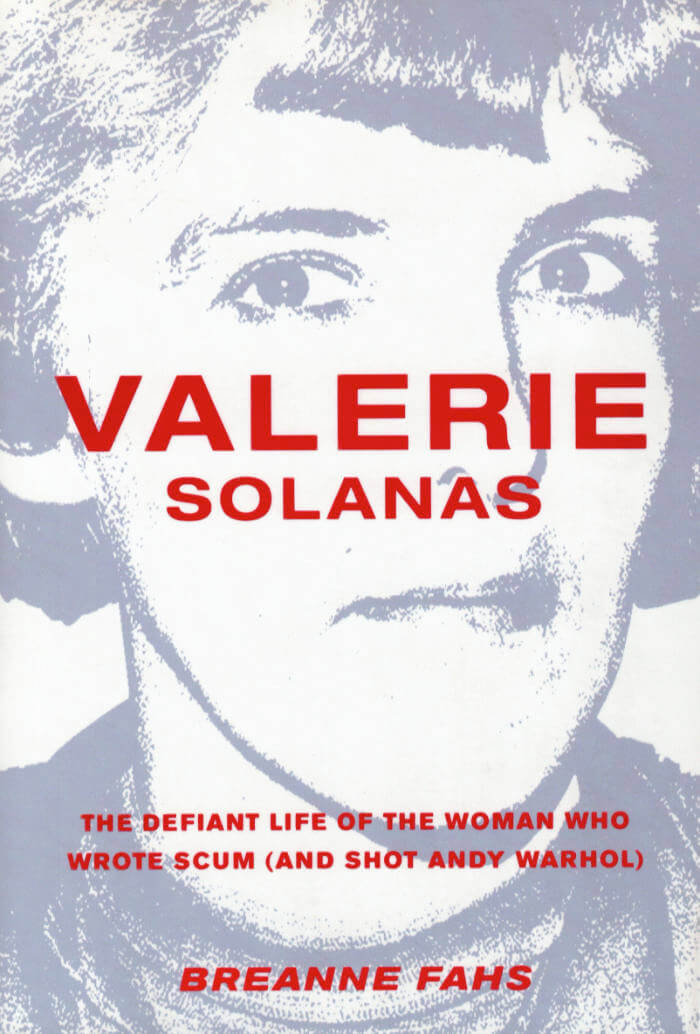
Valerie Solanas: The Defiant Life of the Woman Who Wrote Scum
The authoritative biography of the 60s countercultural icon who wrote SCUM Manifesto, shot Andy Warhol, and made an unforgettable mark on feminist history.
Breanne Fahs is an associate professor of women and gender studies at Arizona State University, where she specializes in studying women's sexuality, critical embodiment studies, radical feminism, and political activism. She has a BA in women's studies/gender studies and psychology from Occidental College and a PhD in women's studies and clinical psychology from the University of Michigan. She has published widely in feminist, social science, and humanities journals, as well as the books Performing Sex with SUNY Press (2011) and The Moral Panics of Sexuality (2013). She is the director of the Feminist Research on Gender and Sexuality Group at Arizona State University, and also works as a private practice clinical psychologist specializing in sexuality, couples work, and trauma recovery.
